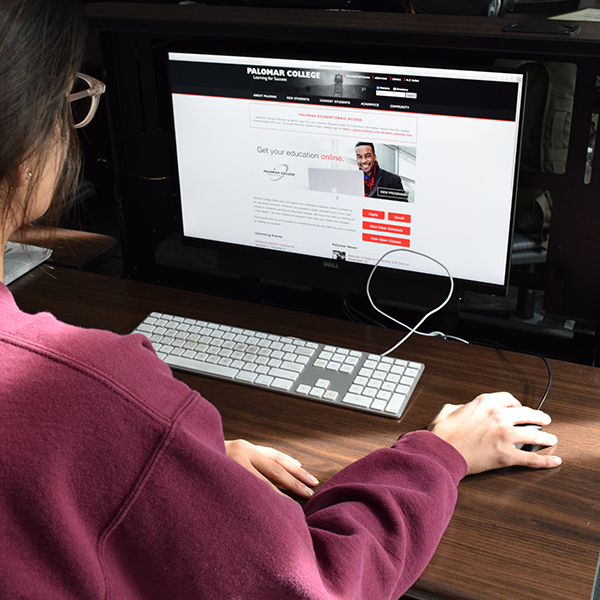Video camera and microphone usage for online learning should not be made mandatory. Teaching online and in-person are vastly different, and online classes cannot simulate the experience of classroom teaching.
It has been just over six months since Palomar College had to close the campus back in March, introducing many professors and students to online learning as a whole. Since then, students, professors and faculty of schools worldwide have gotten a much more tangible idea of how online learning works.
While we cannot see each other in classes any time soon, some professors are beginning to grow tired of seeing students’ muted microphones and unmoving profile pictures. They would like to see students’ faces and hear their voices again, and are wanting to make video cameras mandatory.
But online teaching is not the same as in-person teaching. With students stuck at home, they are in very different environments.
Their privacy is now more exposed. We all have things we would rather keep secret or out of view of other people. From a messy room to the distractions of loud pets or family members, there is no end to the issues that arise with enforcing video camera and microphone use.
Many students are under enough stress and have plenty of problems. Having to worry about appearances on a video camera in front of their class should not be one of those problems. Some people live in less-than-savory places, and it can be quite embarrassing when those conditions pop up with the use of a video camera or microphone.
There is also the financial issue. With people staying at home instead of going to work, some are not making as much money as they used to and are relying on outside funding to keep themselves afloat. To divert some of that money to nonessential things, such as a video camera, would be financially unwise if they are already struggling to pay for basic needs.
In some places, mandating such policies is not even legal. In the European Union, the General Data Protection Regulation renders the enforcement of video cameras and microphones for online meetings against the law, as it is a breach of privacy.
Zoom Video Communications, the company that runs Zoom, has already addressed this, issuing an opt-in option for students in the EU that are using the application.
So how else should professors attempt to approach online learning? They should look into how other professors managed online classes prior to the pandemic.
Many who are experienced with using Canvas have been running online classes for many semesters, and they could provide tips and tricks on how to keep a class engaged in the curriculum without needing to see them in person.
Zoom meetings are still an excellent idea on how to bring physical learning to online classes, but it is still fundamentally different. Some students simply cannot have their cameras on while they are at home. Trying to enforce camera usage will only lead to issues, be it financially or for the psychological well-being of the student.
Image Sources
- Photo illustration by Victoria Bradley: The Telescope Newspaper | All Rights Reserved

